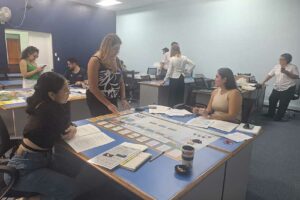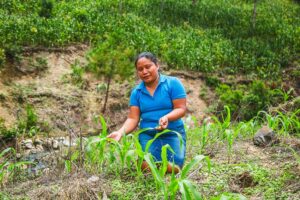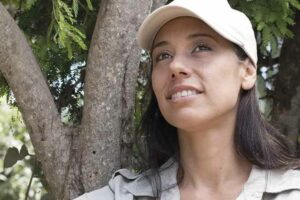CATIE Welcomes 52 Future Leaders to Virtual Master's Programs in Sustainable Agribusiness and Watershed Management
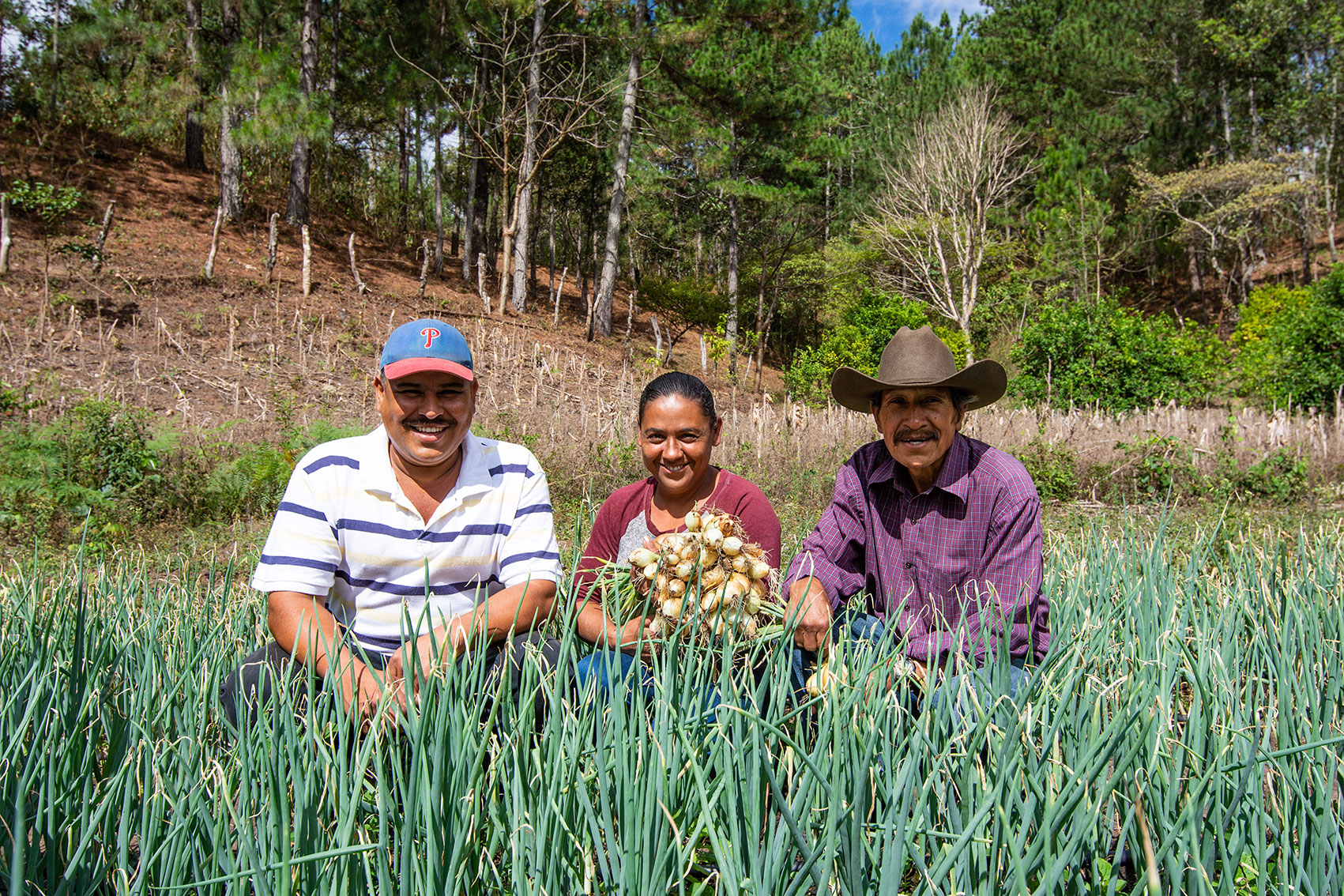
- Professionals from Latin America and the Caribbean will acquire the necessary skills and tools over 18 months to tackle the challenges of green and inclusive development.
On September 9th, CATIE (Tropical Agricultural Research and Higher Education Center) kicked off the academic year for the 2024-2026 virtual master's programs offered by its Graduate School.
This year, 52 leaders from Latin America and the Caribbean are joining the postgraduate programs to train in sustainable agribusiness and watershed management, two key areas for sustainable, green, and inclusive development in the region.
GANEMOS Master's Program
The Master's in Sustainable Business and Market Management (GANEMOS) welcomes 28 new students, marking the sixth cohort of this program. They join an international community that already consists of 250 professionals.
The participants hail from 12 countries, including Guatemala, Honduras, Costa Rica, Panama, Peru, Bolivia, Ecuador, Colombia, Mexico, the United States, Puerto Rico, and Uruguay.
Among the new cohort are 11 women and 17 men.
Adriana Escobedo, coordinator of GANEMOS and specialist in sustainable agribusiness, highlighted the importance of this program in today's context.
"If we compare the context of 2019, when the master's program was launched, to the present, the need to train professionals in agribusiness remains just as relevant, if not more so, to face the significant challenges currently impacting the agricultural sector in Latin America and the Caribbean."
GANEMOS aims to train leaders capable of transforming agri-food systems through innovative practices that enhance competitiveness while ensuring social equity and environmental stewardship.
Watershed Management Master's Program
The Master's in Watershed Management also began its academic cycle with 24 new students, enrolled in two different modalities: the professional virtual program and the academic bimodal program.
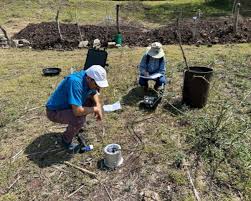
The professional virtual modality includes 18 students from eight countries: Bolivia, Colombia, Costa Rica, El Salvador, Honduras, Nicaragua, Peru, and the Dominican Republic, with a composition of 8 women and 10 men.
Meanwhile, the academic bimodal modality welcomes 6 students from Chile, Costa Rica, Guatemala, Panama, and Peru, maintaining a gender balance of 3 women and 3 men.
José Ney Ríos, coordinator of the Watershed Management Master's Program, welcomed the students and emphasized the significance of this program, which fosters a global community of professionals committed to environmental sustainability.
"This program not only represents a valuable academic opportunity but also provides a space to develop skills that will positively impact the management of our water resources. You will learn from an international faculty who will share both their theoretical knowledge and practical experience in complex contexts," said Ríos.
The program offers training in key areas such as programming, hydrological modeling, and geographic information systems, which are essential for effective watershed management.
Leaders in Sustainable Development
Mariela Leandro, Dean of the Graduate School, reiterated CATIE's commitment to providing an enriching and supportive academic environment for its students.
"We hope that your academic experience will be enriching and beneficial for your professional development. It is a pleasure to welcome you to our Graduate School at CATIE."
With this new cohort, CATIE continues its commitment to training professionals who contribute to sustainability, innovation, and the development of Latin America and the Caribbean.
Written by:
Kattia Bermúdez Mora
Coordinator
Communications and Marketing Office
kattia.bermudez@catie.ac.cr

